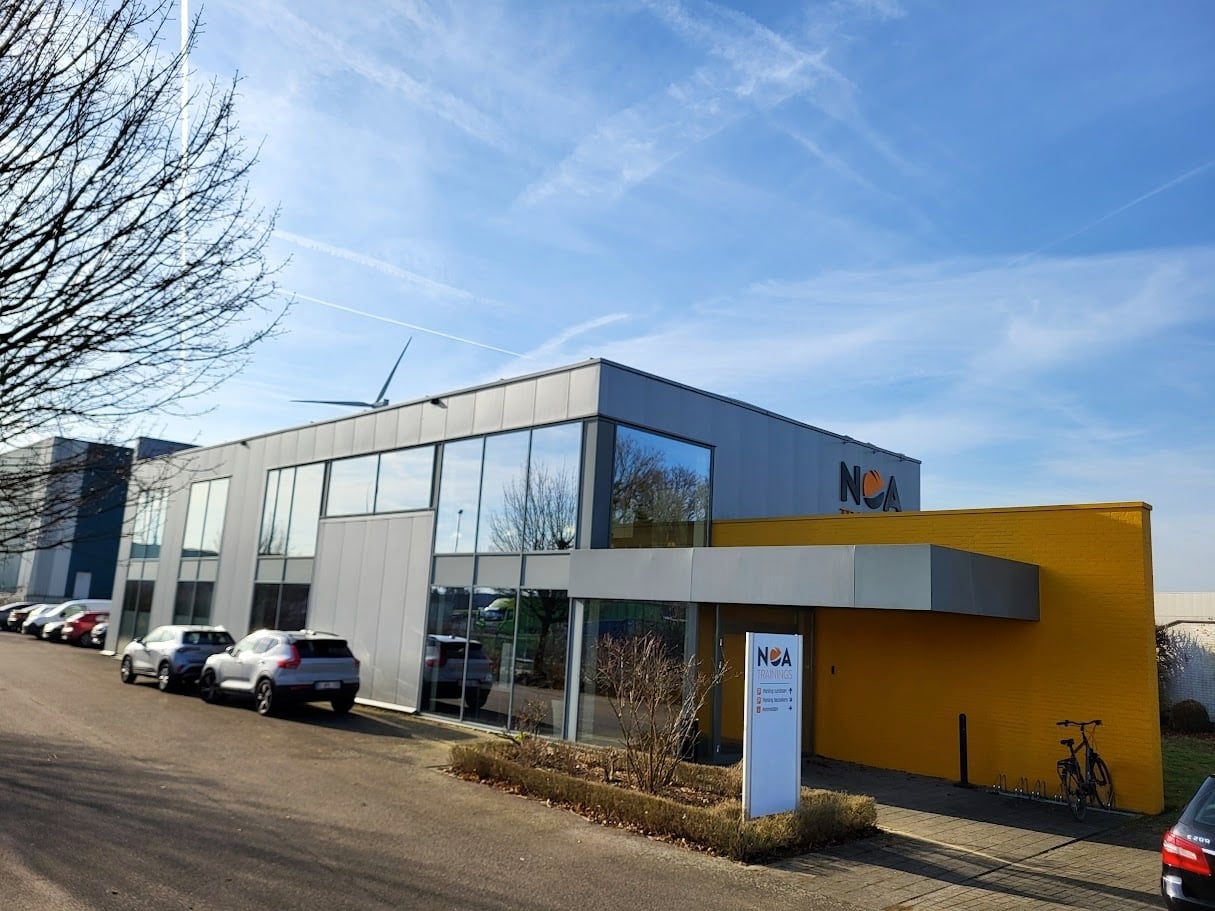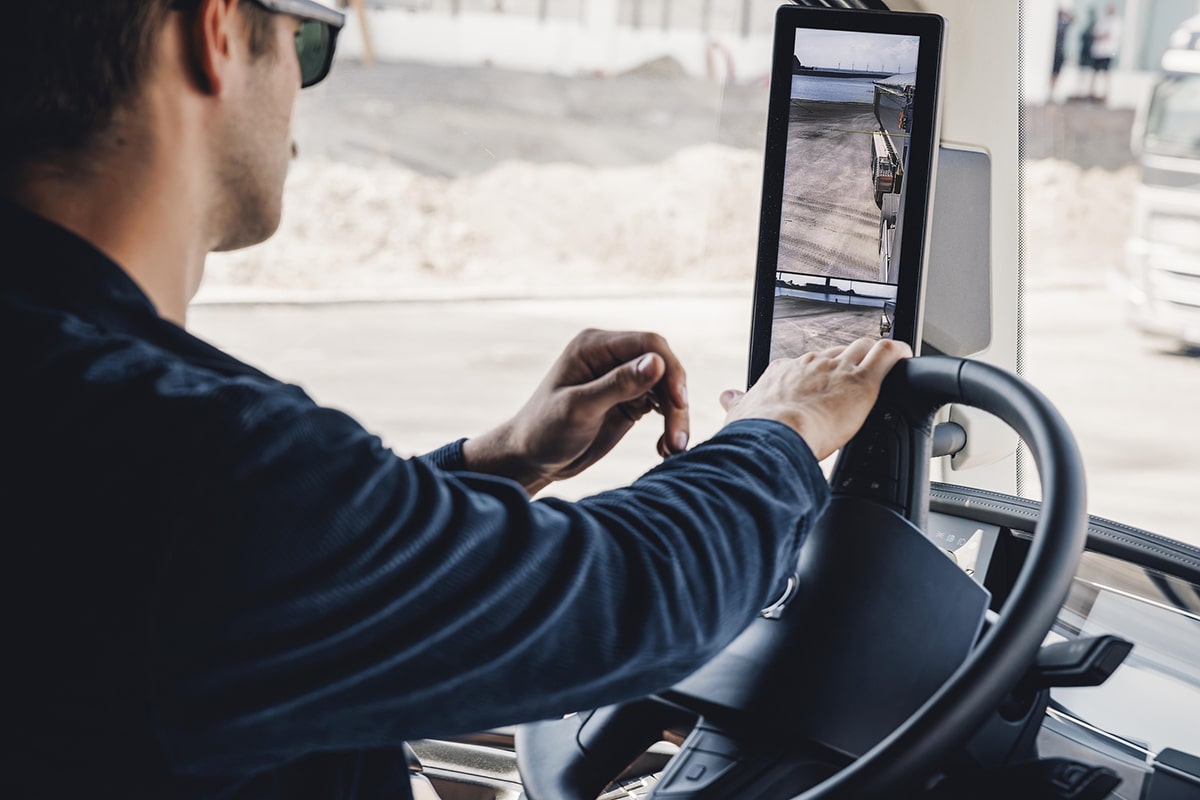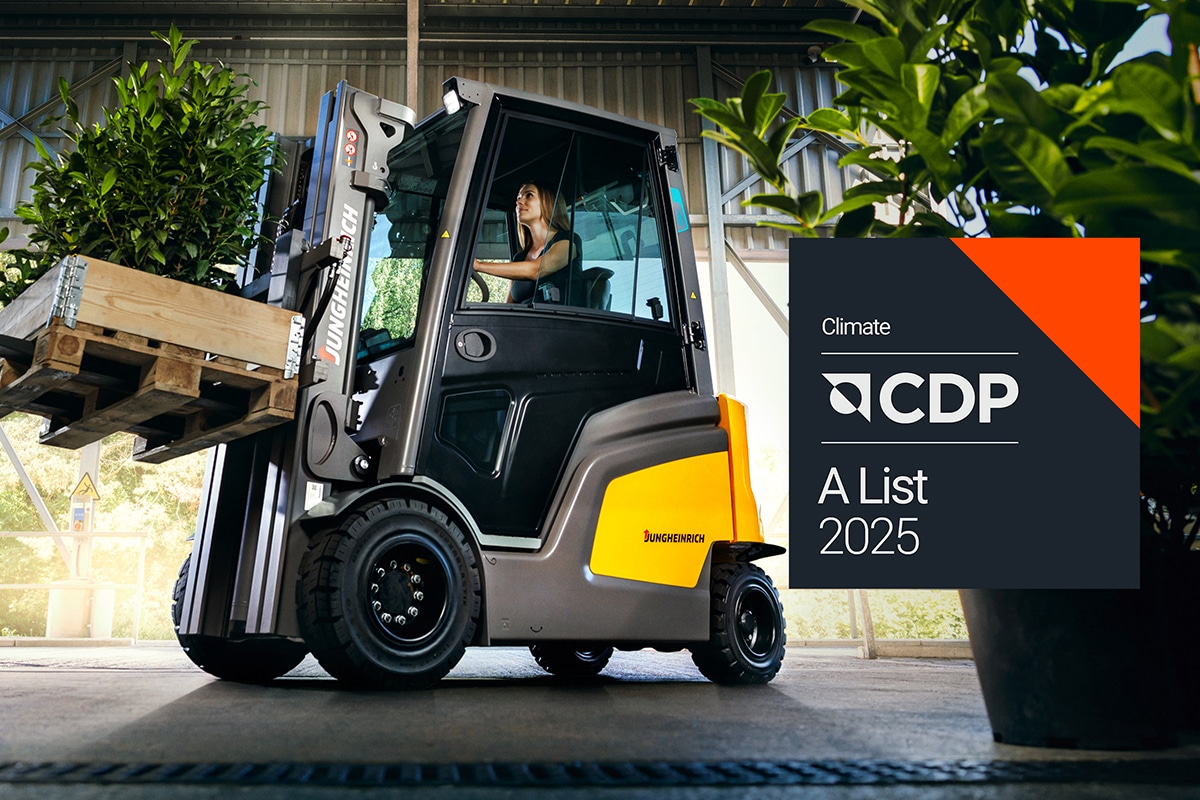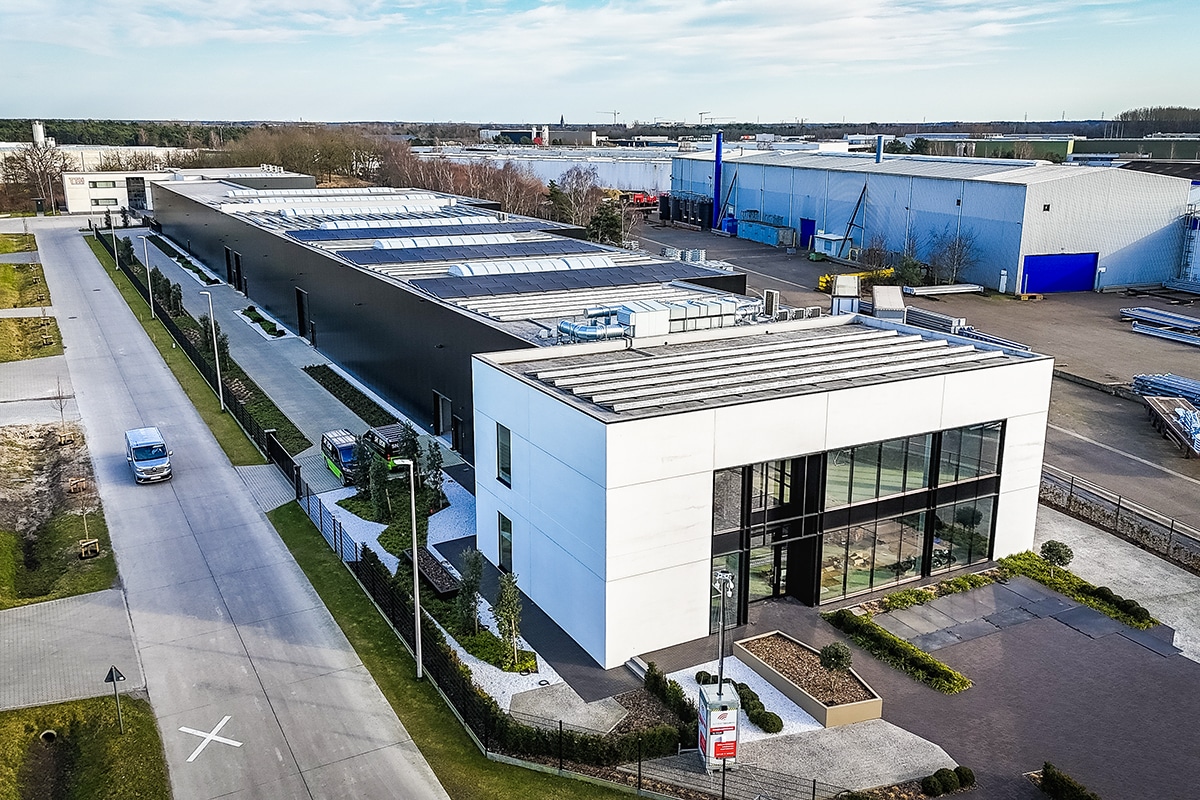
An ecological revolution is underway in the industry
Plenty to talk about, you might think, but the biggest changes are yet to come, according to manager Carl Vandaele. And they are coming from within the industry itself. "Gas generators and a complete electric JCB offering, they are a reality."
"Almost anyway: Himoinsa can already present a complete range of gas-powered generators today, while JCB is still in the transition to an all-electric offering, but the movement is on. It is the manufacturers themselves who are making the choice and that is remarkable."
Whether it has anything to do with the recent corona pandemic, Carl Vandaele leaves open the question. "The fact is, of course, that the first of the JCB E-TECH products is a 19C-1E mini-excavator, which is perfect for use in tunnels, in poorly ventilated places, in locations where air quality is an item. These are all topics that received a lot of extra attention due to the corona pandemic. So the importance and speed of this greening movement are undoubtedly increasing. On the other hand: reducing emissions, working more quietly and more economically, manufacturers have been striving for this for some time. I am looking in particular at Himoinsa's gas generators, which now cover the entire range and not just the high outputs, as used to be the case. Both Himoinsa and JCB are bringing this ecological story more clearly than ever in separate series and a wider, more complete range. In other words, it becomes much more of a choice. Not an addition to traditional options, but a stand-alone."

Gas generators best illustration
The E-TECH mini-excavator was recently joined by the HTD-5 E-Dumpster on tracks and the TLT teletruck. In 2021, a small (telescopic) loader, a tire-mounted dumper and a few other models will complement this JCB E-TECH range, although Himoinsa's gas-powered generators remain the best illustration of the changing market at the moment.
Carl Vandaele: "With a power range of 10 kW to 2500 kW, anything is now possible and Himoinsa is indeed the furthest along in its evolution. Gas as a fuel for power groups is therefore not a recent invention, yet in the low power category it remains a relatively new concept. Lower power ratings mean smaller power groups. Whether mobile, in production or emergency power applications, they thus come into their own more than ever. And there are further advantages: our gas generators operate on "natural gas," as it comes out of the pipeline, but just as well on LPG. Both options create opportunities: we can connect them to the gas line in a fixed arrangement, or deploy them on sites where there is no gas supply. You score better than the best diesel engine anyway with a gas-powered power group when we talk about noise and emissions. And it is no secret, that today's Flemish city center is less and less a fan of anything that smells like diesel. Add to that the fact that the demand for silence is getting louder and louder, and you know that gas-powered generators will only gain in importance."

Ever lower TCO
Crucial to the ecological story remains cost. "The total cost of ownership or total cost of ownership is lower with a gas generator than with a diesel generator. Gas is less expensive, logistics - also once an obstacle - are today exactly the same as with diesel, and maintenance costs are less. JCB E-TECH electric products are also systematically moving in this direction. Moreover, I expect that future economic impulses coming from the government will only stimulate this story. That way, any higher purchase price of electric machines or gas generators will also level out."
Both Vandaele Machinery (JCB), Vandaele Power (Himoinsa) and Vandaele Rental are taking steps today to introduce this new generation of earthmoving equipment and power groups. "The revolution seems to be more than ever a reality. Just because our suppliers themselves are initiating this movement, we prefer to lead the way, rather than having to chase later."




